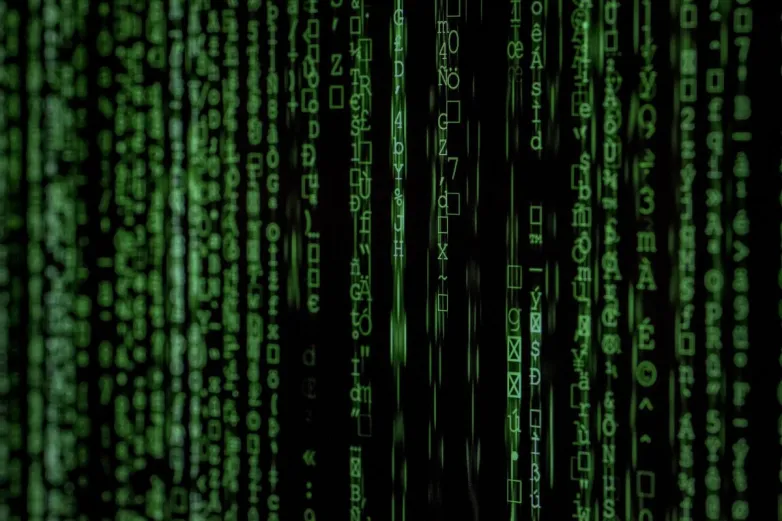Solar cyberattacks vs. inverters
- A U.S. research study team is currently establishing brand-new inverters to shield solar installments from cyberattacks. The scientists likewise intend to develop brand-new cybersecurity requirements. Teacher Alan Mantooth, the team's research study planner, claimed that inverters can be closed down if they are hacked, or add to grid instability and also lead to the overcharging of batteries, while possibly developing issues that we still do not recognize exactly how to attend to.

A team of scientists from the University of Arkansas is attempting to establish solar inverters that can shield PV nuclear power plant from cyberattacks.
" Inverters are just one of the major linked tools therefore if a cyberpunk might take control, inverters would certainly be a main target due to the fact that they come, and also since they carry out numerous wise features to preserve security as well as performance," the research study organizer, Alan Mantooth, informed pv magazine. "They are the heart of the PV system."
Or phrased in a different way, they are the weakest web link. "Inverters interact with a main controller and also with each other in a solar PV ranch, relying on the layout of the ranch, as well as if they are hacked, they can be closed down, overcharge batteries or trigger grid instability, as well as possibly do various other points I have actually ruled out," Mantooth took place to claim.
The scientists additionally think that a cyberattack on a storage-backed solar plant might result in the devastation of the storage space system itself, which might subsequently cause a fire. "Taking down, or taking control of, solar PV ranches would certainly allow a person to interrupt essential features similarly removing any kind of electric supply would," Mantooth described.
Safety and security criteria
One of the most solar setups and also prone inverters are those that are attached to interactions systems that are not secured down. "Some solar PV installments have actually devoted fiber that never ever attaches to the general public system, so they are extra safe and secure," Mantooth stated. "Others, well, are simpler to hack."
Plants that depend on string inverters are not always a lot more susceptible than those that depend on main inverters, he asserted. "If the main inverter is weak, you are much more prone than if you have 10 string inverters that are solid. Cyberpunks create code to attempt and also sound the system to locate the powerlessness," he mentioned. "So, they're mosting likely to sound them all anyhow."
Nevertheless, Mantooth claimed it is particular that some items present better threats than others. "One solar inverter supplier vs. one more will certainly be more powerful than one more to pass through," he clarified. "There are no requirements on this yet. So, this is to be anticipated and also not suggested as a defamatory comment to the sector or solar inverter producers. This belongs to the factor the Solar Energy Technologies Office of the Department of Energy is purchasing this research study. They intend to relocate the sector ahead in this facet also while holding expenses down."
Study project
The scientists intend to create next-generation inverters, however they are likewise taking into consideration the opportunity of updating existing gadgets at eye-catching expenses. "However, provided the life time of solar inverters in the field, it could be the instance that an upgrade could enter into a substitute, depending upon exactly how old the inverters are," Mantooth claimed.
Over the following years, Mantooth stated we might begin to see inverters that supply a series of wise features for grid control and also security, in addition to grid-connected, grid-forming, as well as grid-following settings. "Inverters that can function as a set to supply grid features I detailed," he ended.
The Multilevel Cybersecurity for Photovoltaic Systems study project protected a $3.6 million honor today from the U.S. Department of Energy Solar Energy Technologies Office. Mantooth is the executive supervisor of the National Center for Reliable Electric Power Transmission, which is the leading power-electronics evaluating center at any type of U.S. college.
Also read

